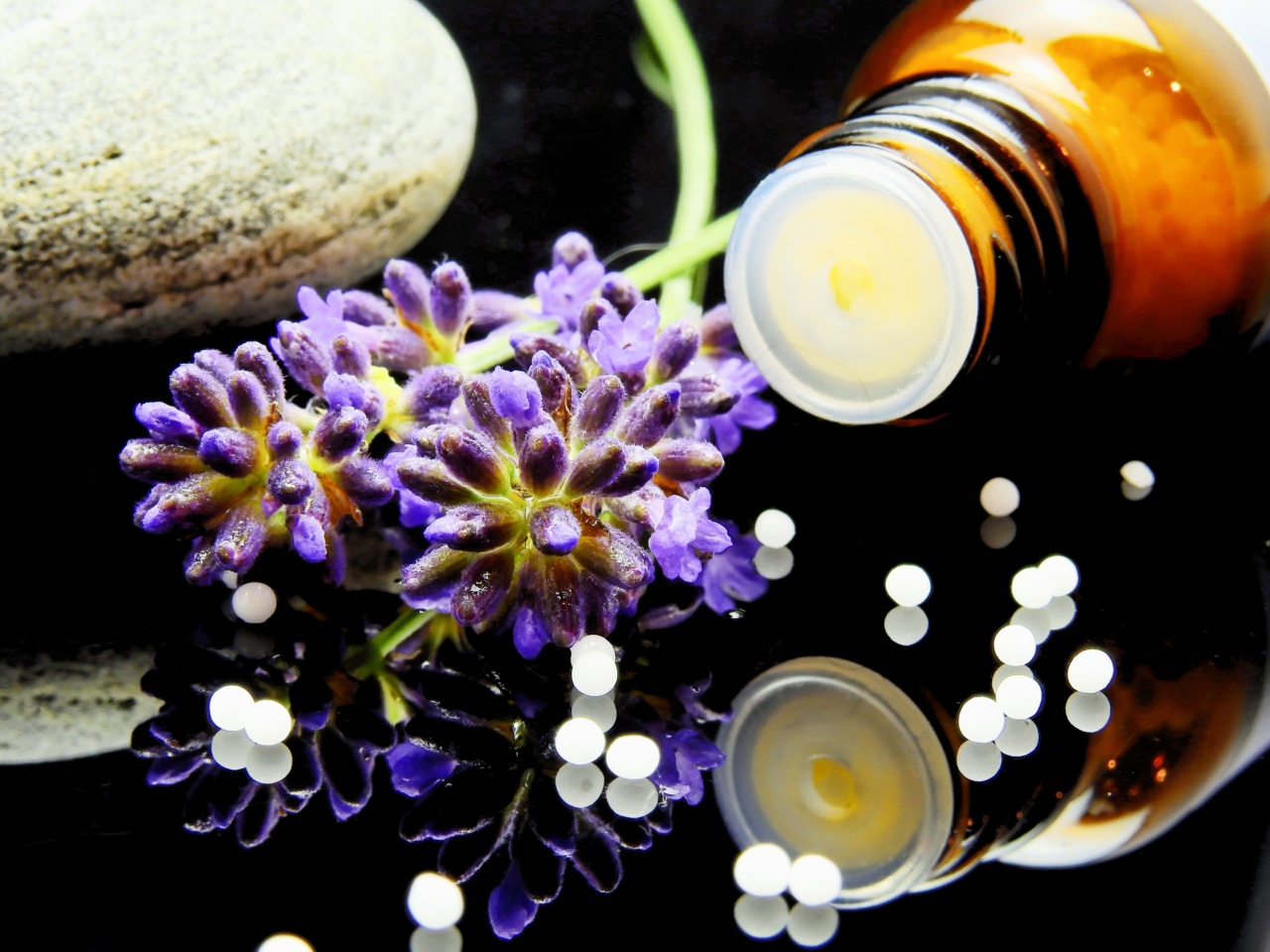Salt plays a crucial role in enhancing the flavor of our food, but excessive consumption can lead to various health issues.
While our body requires a minimal amount of salt for certain bodily functions, it is important to understand the impact of salt on our health and make informed choices about our dietary habits. In this article, we will explore the effects of salt on our well-being and provide insights into maintaining a balanced approach.
The Role of Salt in Our Body
Salt, chemically known as sodium chloride (NaCl), is a mineral that is widely used for seasoning and preserving food.
Our body needs a small amount of salt to function properly, as it helps to maintain the balance of fluids in our cells, regulate blood pressure, and facilitate nerve impulses. Additionally, salt also assists in muscle contractions, including the beating of our heart, and aids in digestion.
The Recommended Daily Intake of Salt
According to various health organizations, including the World Health Organization (WHO), the American Heart Association (AHA), and the Centers for Disease Control and Prevention (CDC), the recommended daily intake of salt for an average adult is about 2,300 milligrams (mg) or around one teaspoon. However, most individuals consume far more salt than necessary, primarily due to the prevalent use of processed and packaged foods that are typically high in sodium content.
The High Salt Content in Processed Foods
Processed foods, such as canned soups, deli meats, fast food, snacks, and even seemingly healthy options like salad dressings or breakfast cereals, often contain excessive amounts of salt.
These foods contribute significantly to the overconsumption of salt in our diets. Consuming too much salt can lead to several health complications, including:.
- High Blood Pressure: Excessive salt intake is one of the primary causes of high blood pressure, or hypertension. When we consume salt, our body retains water to maintain the balance of sodium concentration in our bloodstreams. This excess water causes an increase in blood volume, thus elevating blood pressure.
- Cardiovascular Diseases: Prolonged high blood pressure can strain the arteries, leading to atherosclerosis, heart attacks, strokes, and other cardiovascular diseases.
- Kidney Problems: Our kidneys play a vital role in filtering waste products from the blood. However, too much salt in our diet forces the kidneys to work harder, potentially damaging them over time.
- Osteoporosis: Consuming excessive salt can result in increased calcium excretion through urine, potentially leading to a negative calcium balance and weakening of bones.
The Importance of Sodium Balance
While it’s essential to limit our salt intake, it is equally important to maintain a balance of sodium within our bodies.
This balance can be achieved by consuming other essential minerals, such as potassium, magnesium, and calcium, which help regulate the effects of salt on our health. Foods that are naturally rich in these minerals include fruits, vegetables, lean meats, nuts, and dairy products.
Reducing Salt Intake
Reducing sodium intake can significantly improve our overall health. Here are a few practical tips to reduce salt consumption:.
- Read Food Labels: Pay attention to the sodium content mentioned on food labels. Choose low-sodium or no-salt-added versions of products whenever possible.
- Cook Your Meals: Prepare meals at home using fresh ingredients, as this allows better control over the amount of salt added to the food.
- Use Salt Substitutes: Experiment with herbs, spices, vinegar, citrus juices, and other flavorful ingredients to season your dishes instead of relying on salt.
- Limit Processed Foods: Minimize the consumption of processed and packaged foods, as they are typically laden with high amounts of salt.
- Be Mindful when Eating Out: Choose restaurants that offer lower-sodium options or request for your dish to be prepared with less salt.
- Gradually Reduce Salt: Train your taste buds to adapt to lower-salt diets gradually. Over time, you will find that less salt is needed to satisfy your taste buds.
Breaking the Salt Addiction
Salt addiction is a real phenomenon, as excessive intake can lead to cravings for salty foods. However, following a conscious approach to reduce salt consumption can help break this addiction.
Over time, taste preferences can change, and healthier food choices can become more appealing.
Conclusion
Salt, when consumed in moderation, is an essential component of our diets. However, due to the excessive amounts found in processed foods, it is crucial to be mindful of our salt intake.
By being aware of the impact of salt on our health, reading food labels, and making conscious choices about our dietary habits, we can maintain a balanced approach and reduce the risk of various health complications associated with excessive sodium consumption.




























